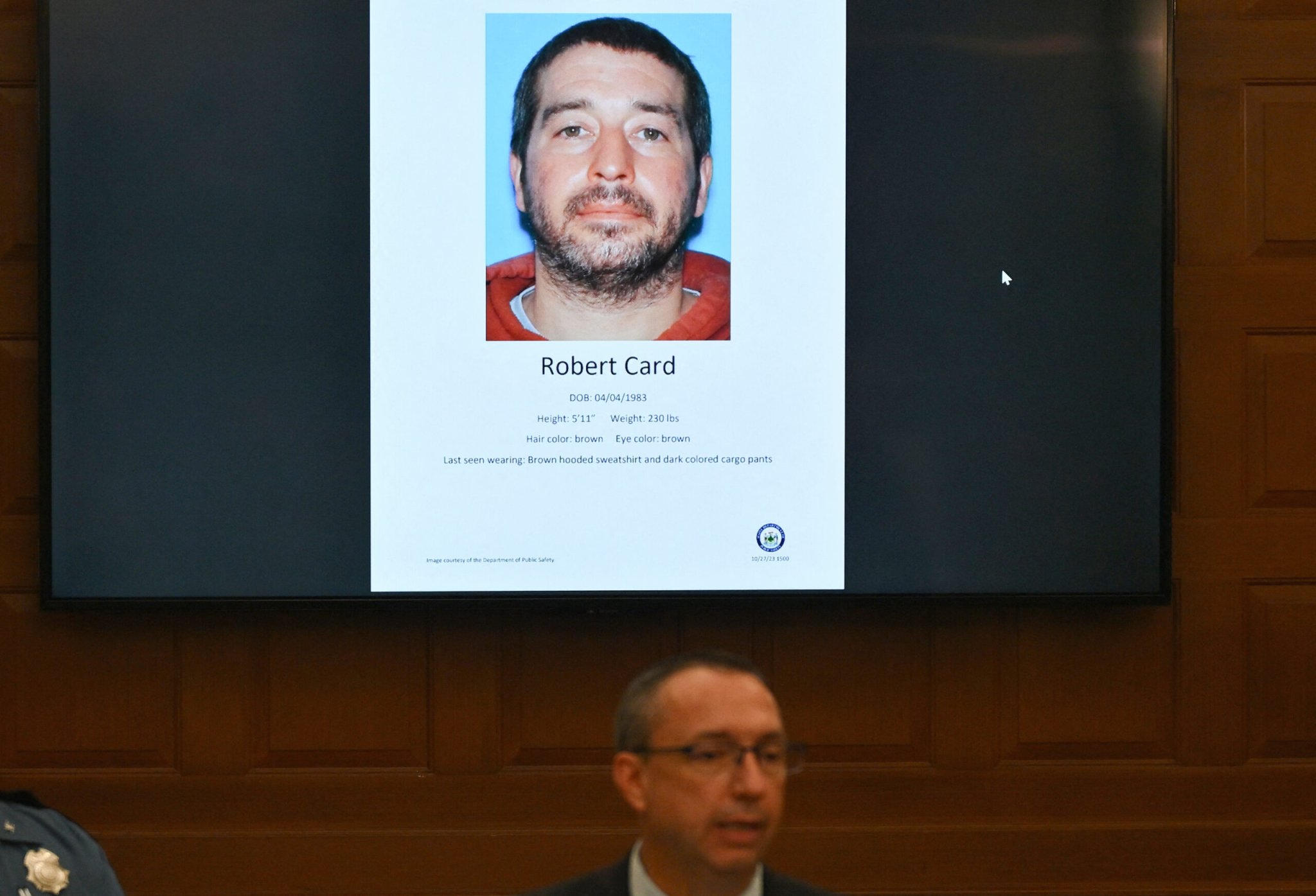

Two U.S. Senators are pressing the Army to investigate its own handling of the reservist who carried out the “largest mass shooting in Maine’s modern history” and procedures that could’ve prevented it, according to a letter sent Monday.
Sens. Susan Collins (R-Maine) and Angus King (I-Maine) sent a letter to the Inspector General of the Army, Lt. Gen. Donna Martin, to ask for a comprehensive review of the Army’s handling of Army reservist Robert Card in the months before the Lewiston, Maine shooting on Oct. 25, 2023 in which Card killed 18 people and wounded 13 more.
Sgt. 1st Class Card was a Petroleum Supply Specialist in the Army Reserve who enlisted in December 2002. Card became eligible to retire in March, according to the Pentagon.
The Senators asked the Inspector General to investigate “what occurred, or failed to occur, at the federal level, including within the Department of the Army.”
Details that have emerged about Card paint the picture of a troubled soldier in the months before the shooting. According to the Pentagon, in July, Sgt. 1st Class Card traveled with his reserve unit, the 3rd Battalion, 304th Infantry Regiment, to Camp Smith, New York, for annual training. Shortly after arriving, unit leadership became worried about Card and sent him to a military medical treatment facility “out of an abundance of caution.”
At the training, Card accused three soldiers of calling him a pedophile, shoved a fellow troop and locked himself in his room, according to police records obtained by the New York Times.
He was then transferred to a civilian hospital.
Subscribe to Task & Purpose Today. Get the latest military news and culture in your inbox daily.
The U.S. Army Reserve Command’s Surgeon Office and medical management made multiple attempts to contact Card over the next few months. In September, the Sagadahoc County Sheriff’s Office did a welfare check at the request of Card’s unit.
The Army declared Card “non-deployable” and also notified his company commander that while on military duty, Card “should not have a weapon, handle ammunition or participate in live-fire activity.”
The Maine Senators also requested a comprehensive Army review of the facts and answers to a list of questions on concerns raised by or to Army personnel about Card’s mental health; whether existing Army regulations, policies and procedures were followed; and Army reforms or actions taken in response to the shooting.
The lawmakers also asked whether the Army makes reports to the National Instant Criminal Background Check System and if there are existing legal or policy obstacles that prevent communication between the service and healthcare or law enforcement entities.
The Army revamped its programs, policies and procedures for handling insider threats in response to the Fort Hood shooting on Nov. 5, 2009, where Maj. Nidal Hasan, an Army psychiatrist, went on a rampage at the Texas base and killed 13 people.
The mass shooting — the worst ever on a U.S. military base — and subsequent investigations that found missed opportunities to address Nidal’s behavioral health led the service to introduce a series of initiatives aimed at “increased awareness of self-radicalization.”
“The success of the new threat awareness and reporting program is totally dependent on DA personnel knowing what, when and how to report,” according to the service.
Troops can report insider threats through the local Counterintelligence offices for a respective soldier’s unit as well as via online reporting tools like iSALUTE and iWatch.
The latest on Task & Purpose
- Report: Special operations forces need to rethink language training
- US sends a warning with 2 aircraft carriers in the Mediterranean at the same time
- The Army’s 10 best scare badges, ranked
- Recon Marines will use electric dirt bikes on next deployment
- What it’s like to be stationed at Diego Garcia
